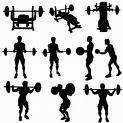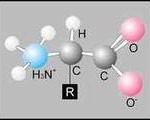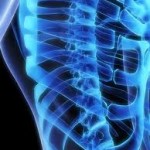
New research published in the American Journal of Clinical Nutrition is the bearer of good and bad news. The bad news: over 90% of African-Americans have a vitamin D deficiency. The good news is that adding a 4,000 IU daily Vitamin D supplement can eliminate the deficiency in as little as one year.
The study compared vitamin D levels and supplementation with 47 African-American and white males with an average age of 64. At the onset of the study, 90% of the African-American men had a vitamin D deficiency and 66% had “very low” levels. There were also significant disparities between vitamin D levels in the blood between African-American participants and white participants.
There are two reasons for the disparity. First, various studies have shown that darker skin limits a person’s ability to produce vitamin D. Second, most people who live in northern countries are not able to get the necessary sun rays to get vitamin D, particularly in the winter. This means you really find yourself at a vitamin D disadvantage if you have darker skin and live in a northern country like the United States.
Researchers provided all 47 participants with 4,000 IU of vitamin D and found that disparities in the concentration of vitamin D in the blood between white and African-American participants was gone in one year.
Elizabeth Garrett-Mayer, the lead researcher on the study, hopes for a “Vitamin D3-based intervention targeting adult African-Americans.” Certainly with studies claiming that as many as 90% of African-Americans suffer from a vitamin D deficiency, there is a growing need for African-Americans to supplement their diet with vitamin D3 to help reverse the adverse effects of deficiency.
Vitamin D deficiency is closely related to osteoporosis, muscle weakness, bone weakness, common cancers and leaves your body at a larger risk for auto-immune diseases, infectious diseases, cardiovascular diseases, and type-1 diabetes.










